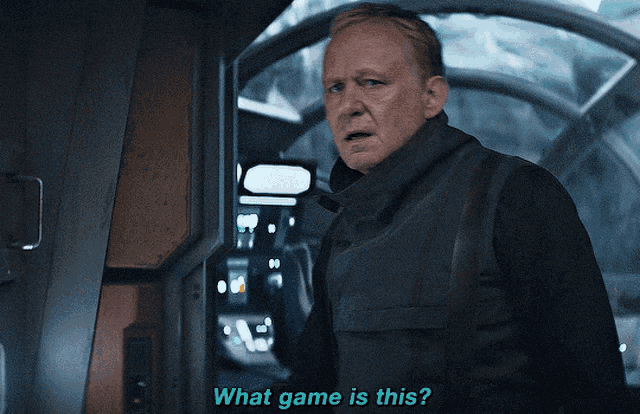Ender's Game, written by Orson Scott Card, is a novel that explores the complexities of warfare, leadership, and morality. The story follows young Andrew "Ender" Wiggin as he is trained to become a military leader for Earth in an interstellar war against an alien race known as the Formics. Throughout the book, Ender faces numerous ethical dilemmas that challenge his moral compass and force him to question the actions of those around him.
One significant ethical consideration in Ender's Game is the use of children as soldiers. The International Convention on the Rights of the Child states that "a child means every human being below the age of 18 years unless under the law applicable to the child, majority is attained earlier." However, in Ender's world, children like Ender are trained from a young age for warfare due to their strategic thinking abilities. This raises questions about whether it is ethical to expose children to such violent and traumatic experiences at such a tender age.
Another important ethical issue raised by the novel is the concept of "the greater good." Throughout the story, characters often justify their actions by claiming they are doing what's best for humanity as a whole. While this may seem like a noble goal, it can lead to questionable decisions and compromises that undermine individual rights and freedoms. For example, Ender is manipulated into committing acts of violence against the Formics because he believes these actions will ultimately save Earth from destruction. However, does the end truly justify the means?
In conclusion, Ender's Game presents readers with several thought-provoking ethical considerations that challenge our understanding of warfare, leadership, and morality. The novel forces us to confront difficult questions about the use of children as soldiers, the concept of "the greater good," and whether we should ever compromise individual rights for the sake of a larger cause.
